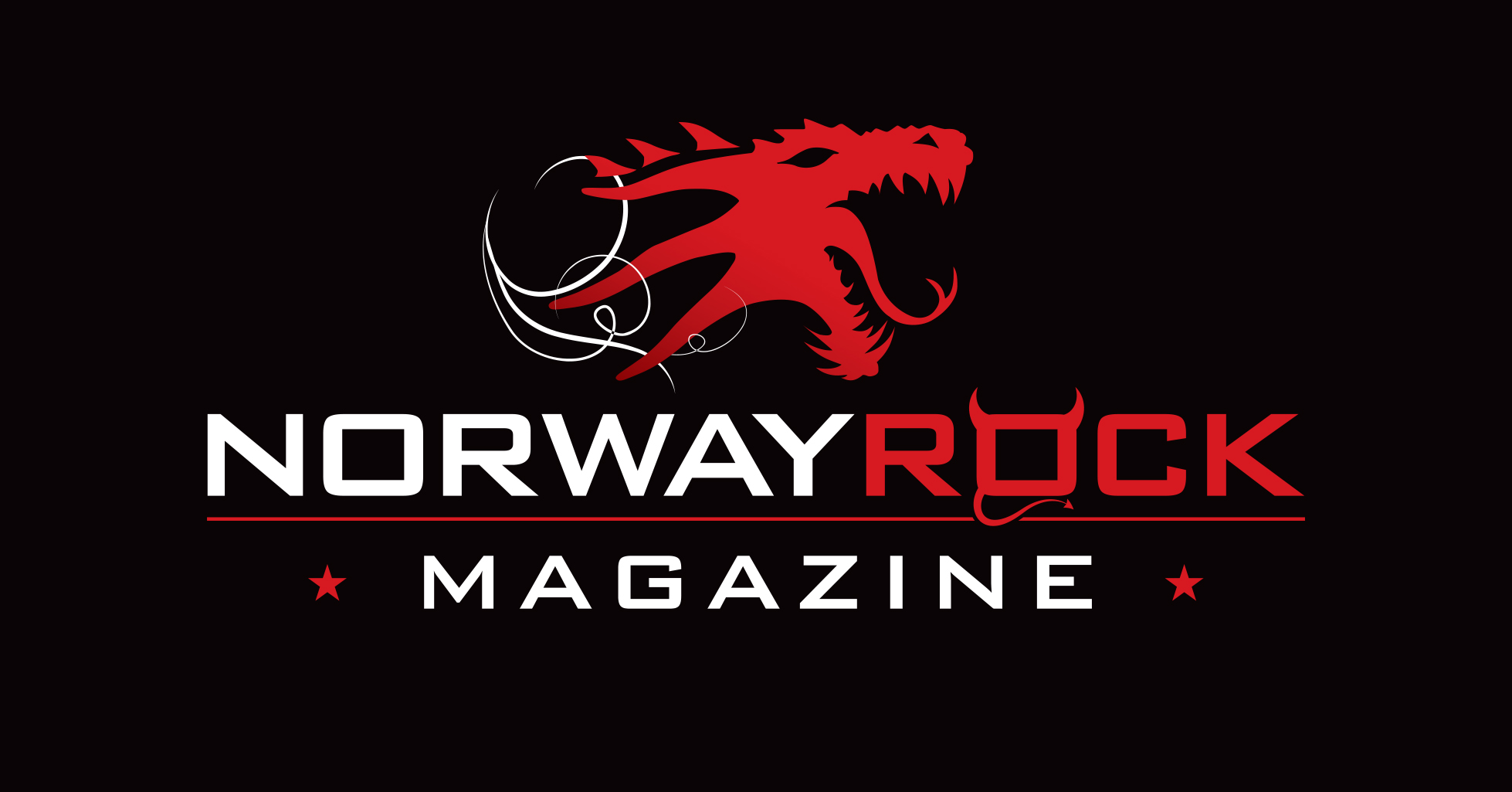
Universal
Since the release of The Cure’s 2008 album “4:13 Dream”, frontman Robert Smith’s mother, father and brother have passed, and the band’s first record in 16 years is saturated with personal loss, darkness and death, yet it is an elegiac song collection of universal appeal, immersive and majestic.
The record opens with “Alone”, which begins with a cinematic and sweeping instrumental that lasts over 3 minutes before Robert Smith’s remarkably unchanged voice sings “This is the end of every song that we sing”, an Ernest Dowson inspired lyric. Thus, the record begins with an ending, and endings recur throughout the album, continuing with the bittersweet “And Nothing is Forever”: “I know that my world has grown cold / But it really doesn’t matter if you say we’ll be together / If you say that you’ll be with me in the end”. Both of these opening songs could easily fit on the band’s highest selling album “Disintegration”, with their extensive instrumental sections layered with synthesisers.
There are a few poppier, post-punk elements, such as the bass in “A Fragile Thing”, but do not expect “Love Cats” here. This is less “Friday, I’m In Love” and more “Friday, I’ve Lost Love”, with angst-ridden lyrics: “Every time you kiss me I could cry.” There is also an industrial rocker, “Drone No Drone”, which contains howling guitars and a funk groove. The desolate lyrics continue on “Warsong” with “All we will ever know is bitter ends.” The most emotional part of the record is the last 3 songs, beginning with the piano led ballad “I Can Never Say Goodbye” where Smith’s voice audibly aches while singing “Something wicked this way comes / To steal away my brother’s life. I Can Never Say Goodbye”, and ending with the haunting 10 minute finale “Endsong”, where Smith declares “It’s all gone, No hopes, no dreams, no world” as the guitars and synths accentuate his despair. It is a song which, like the whole album, is full of melancholy and introspection.
Ending with another ending, the final words of the record are “Left alone with nothing at the end of every song, Left alone with nothing, Nothing, Nothing, Nothing …”. With respect, Mr Smith could not be more mistaken. The band have not left us with “nothing”, they have given us, in 2024, their best, most cohesive album since 1989’s “Disintegration”. The band formed in 1976, before this writer was born. For those who grew up with the band’s music, they will not only appreciate The Cure’s return to triumphant, dark, graceful gloom, but may also have experienced similar loss to Smith, and find solace and understanding in this record. It is also an album that can be appreciated by those born after the band’s heyday, as it is timeless, high quality music with a powerful, universal theme. In facing mortality, Smith has created something beautiful, bleak, bittersweet and beguiling. If it is to be the band’s final album, their own “Endsong”, they have gone out on a high.
5.5/6 | Anne-Marie Forker
Release date: 1 November 2024

